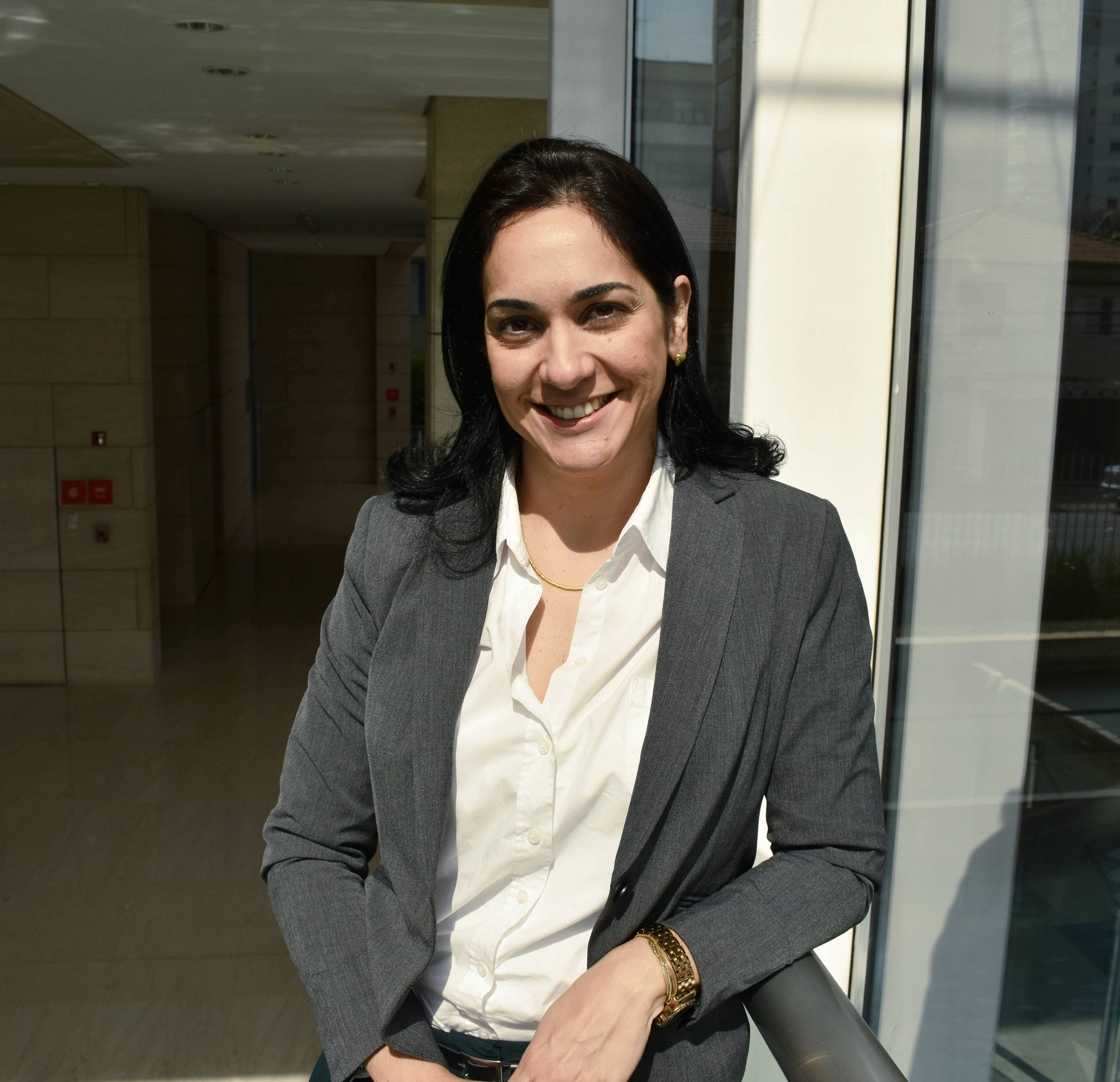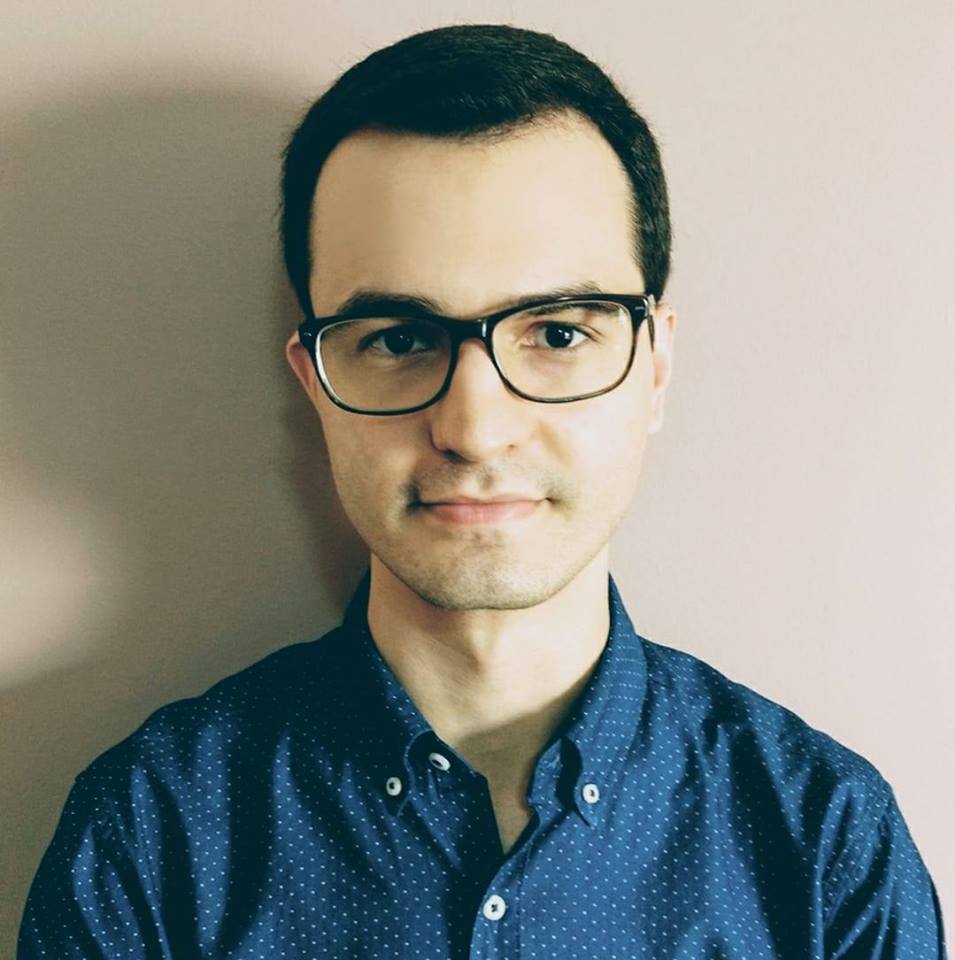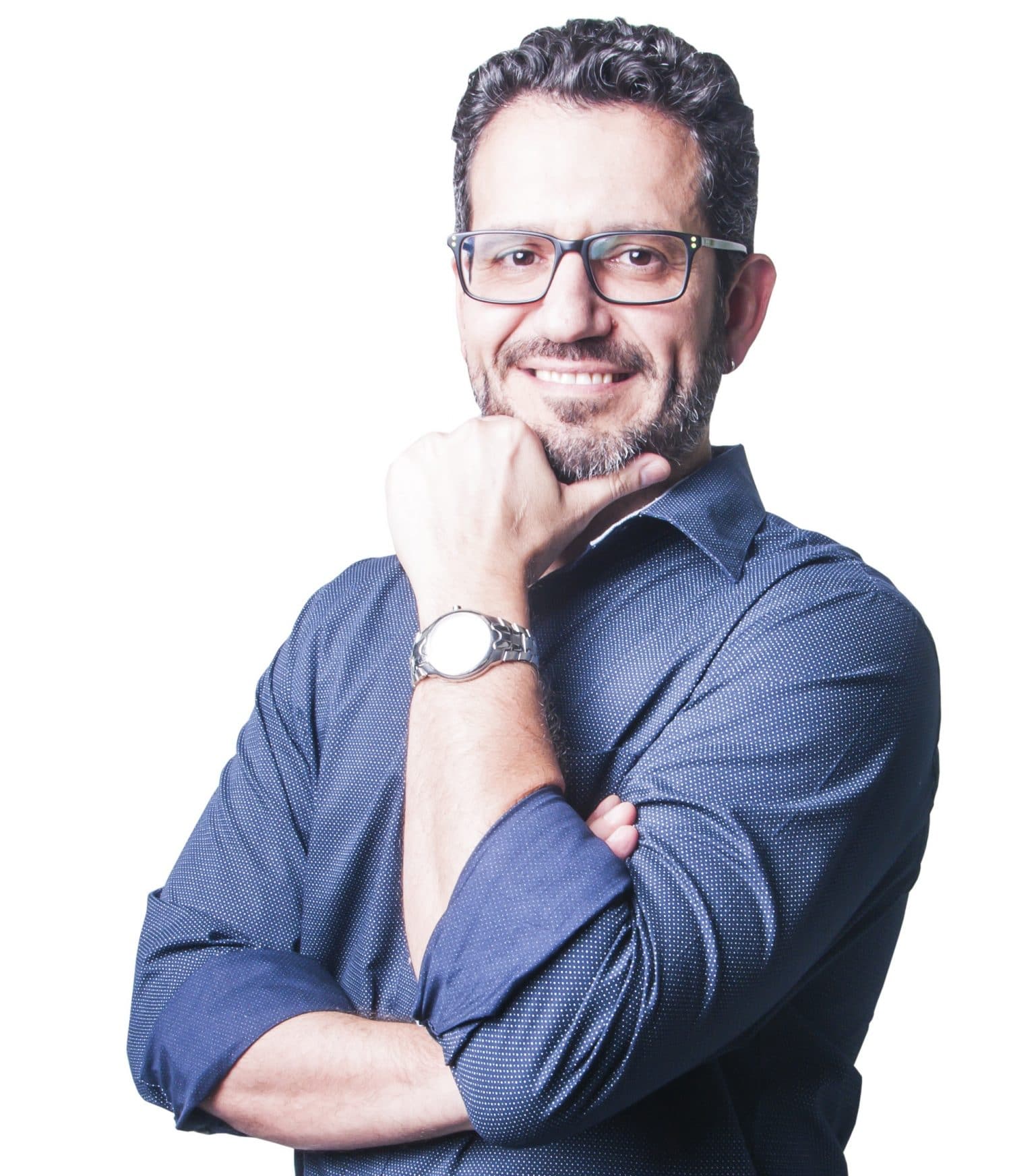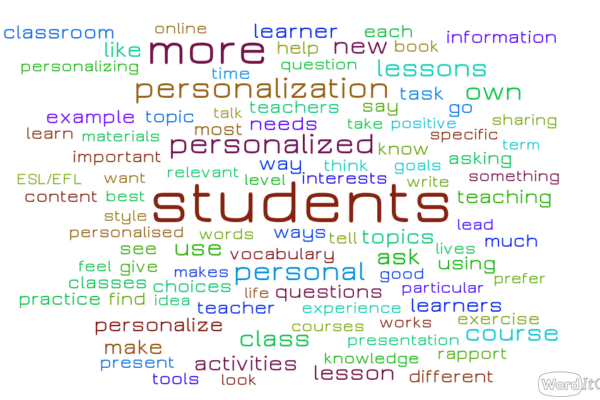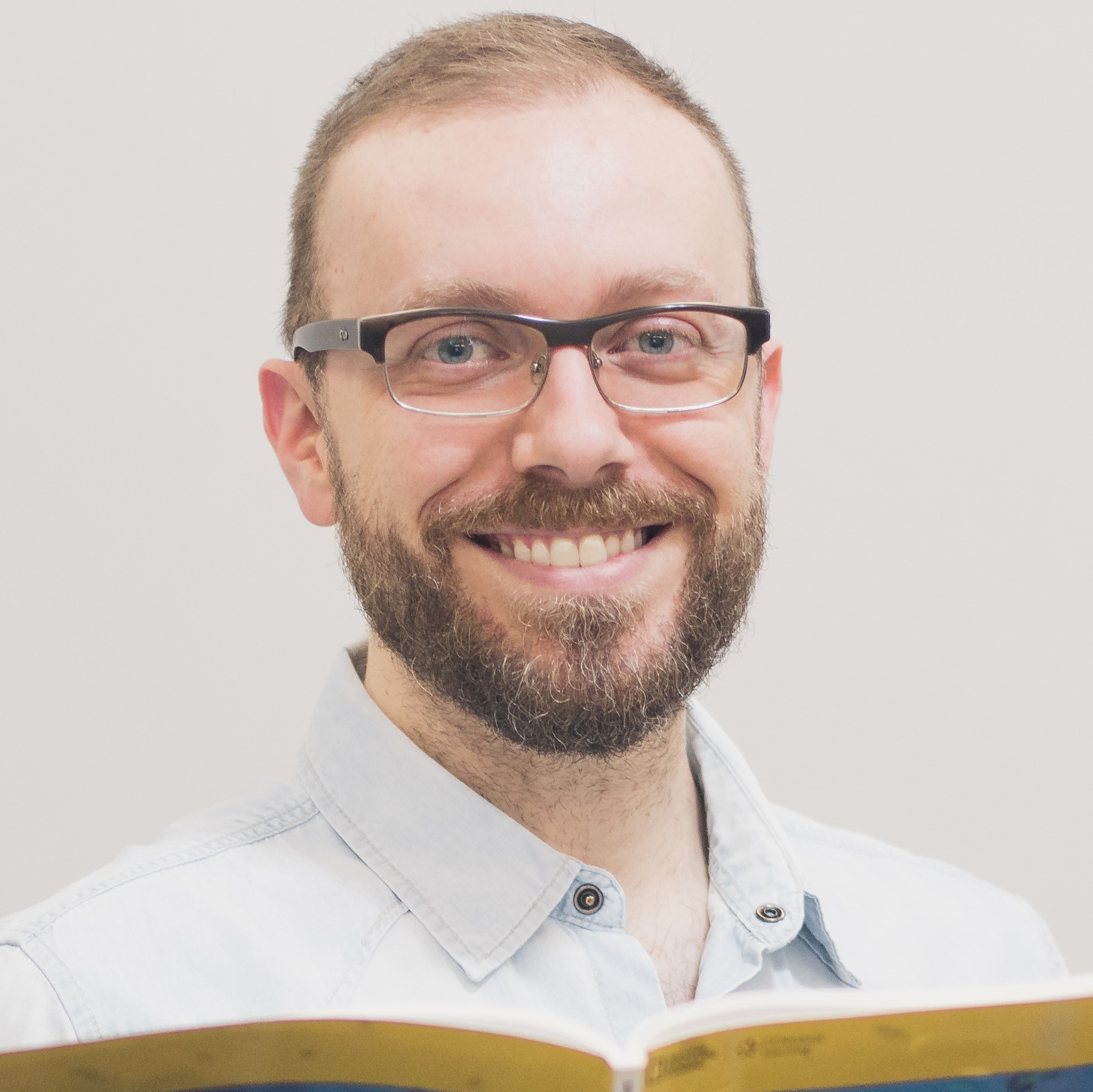Learning from failure
Just like telling a learner you don’t know the answer to their question at the start of your teaching career, talking about your professional failure is no easy game. I don’t aim to be blowing my own trumpet in the next lines; what I want to narrate instead, is how often times your backstage may be so well guarded that the audience may simply think you’re ‘gifted’. Let me tell you about two major ‘events’ in my life that may hit home to you, and hopefully be the words you needed to read at this moment in your life.
I have always loved studying and always had a thing for doing international exams. Learning more about the language, for instance, has always helped me get better prepared for my lessons; as for the exams, I guess I somehow felt good at receiving that ‘tap on the back’ when the certificate reached my hands. With this picture in mind, you may then be able to imagine what a blow to my pride it was to fail Module 1 for DELTA – if you can’t, I can tell you it has been one of the worst moments in my life. It can sound pretty dramatic, but a long time after receiving the news, when I managed to detach myself from the situation and tried to understand why that had happened, it was evident to me that doing the exam then was a huge mistake. I had taken an amazing prep course, but was in the middle of chaos in my personal life, so no wonder that was the result. I decided to take the exam again a while later, but had no time (and honestly, no will) to take another prep course. What I considered doing was check my notes when I had the time, and try to do a couple of mocks. Result: fail again. Yay. I could not quite get why that had happened again, since the content of my answers was pretty similar to my peers’. It was only then that it dawned on me that my exam strategies were flawed, and that working on them might help me pass the exam. I chose to skip lunch time a couple of days a week and time my mocks. I got my old notes back, revised and improved them. I systematized my study routine so that it made me feel more confident when sitting for the exam. I read exam reports more thoroughly, worked on the tips given by examiners, and made sure I read every single instruction 3 times (or more!) when I sat for the exam again. “Third time lucky!”, I thought, and so I was. But was it luck, or was it the routine and how I decided to prepare myself? I’d go for the latter.
Over 10 years ago, I was taking a course in which presentations had to be made pretty much on a weekly basis. Though I had been teaching for a while then, speaking in public terrified me (and research shows I’m not alone or exaggerating – public speaking is people’s number one fear). Presentation day 3 came and there I was, before my colleagues and the course supervisor, desperately trying to have the computer read my flash drive. It didn’t. The blank screen matched beautifully with my blank mind. I froze and could not present. Shame took over me, but giving up was not an option. On that day I decided I needed to do something about my stage fright and enrolled for a public speaking course with a famous radio announcer from São Paulo. The course was short, but extremely practical and life-changing. It wasn’t easy. It didn’t make me feel comfortable. But learning happens at the end of your comfort zone, right? So there I was, feeling exposed, but learning that it would change my professional life for the better – which it did, and I’m glad I made the decision to do something about my weakness and turn it into a strength.
Failing is never the result we expect to achieve. Having had quite a few professional failures (and personal ones, too, obviously!), I now try to see what I can learn from the experience and move on. In his book What I talk about when I talk about running, Japanese writer Haruki Murakami wrote, “Pain is inevitable. Suffering is optional.” It is your attitude towards failure that will shape what the overall outcome will be like. Also, remember not to compare your chapter one to someone’s chapter 20 in their career; being resilient can be tough, but it helps you grow. And hard work will pay off if you refuse to give up.

